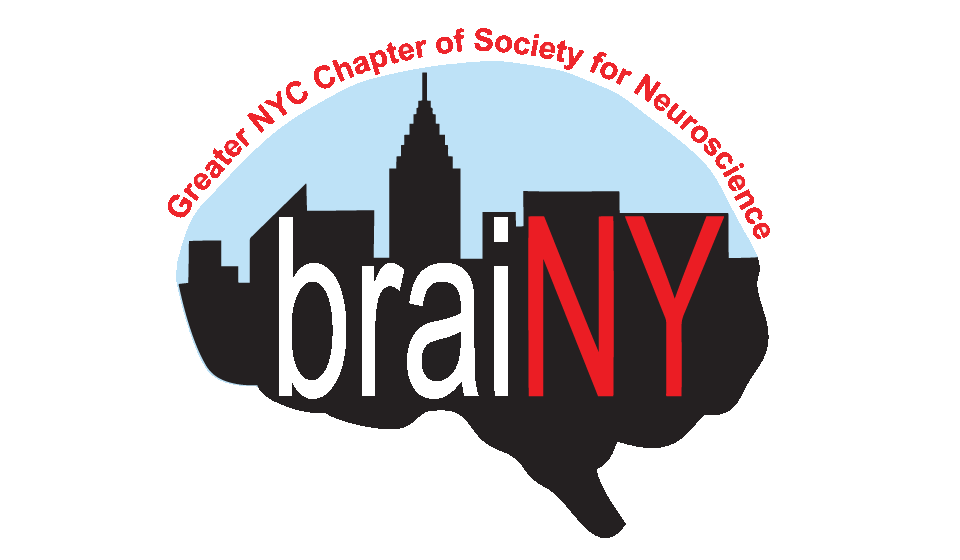DNA Dragons: The Link Between Genes and Dementia
Every tale follows a similar plotline: exposition, climax, and resolution. The protagonist overcomes minor hardships, saves their beloved fairytale princess, and the two live happily ever after. But what if this fairytale hero faced a fire-breathing dragon - an unpredictable, genetic one? While the world of fantasy stories may exaggerate these challenges, a real-life "fire-breathing dragon" exists today: dementia.
Dementia is a disease that afflicts over 55.2 million people worldwide and causes deep declines in cognitive functioning. Those with dementia experience a loss of memory, reasoning skills, and the ability to communicate effectively. Their once-colorful world can become bleak and confusing, leaving individuals struggling to remember who they are with, what they last ate, and what their plans are for the day. Family and friends become supporting characters, tasked with fighting the fire-breathing dragon as well. It begs the question: what is the pathophysiology of this "fire-breathing dragon," and how can it be avoided?
While environmental factors contribute to the disease's development, genetic predisposition is also a significant risk factor.
The Apolipoprotein E (APOE) gene is the hallmark gene identified as a potential risk factor for dementia development. This gene has three variants, or forms: APOE2, APOE3, and APOE4. Celebrities like Chris Hemsworth and Bruce Willis have brought attention to these issues, revealing their genetic predispositions to such diseases due to APOE testing. Those with first-degree relatives with dementia face the daunting possibility of developing the disease themselves, as their chances of doing so double. Individuals with the APOE4 variant have a higher risk of developing Alzheimer's disease, the most common form of dementia. This gene leads to higher expressions of beta-amyloid proteins in the brain - one fuel for this dragon.
Dementia can be difficult to diagnose, and doctors frequently use a battery of tests to assess cognitive and neurological functions. These tests can be combined with genetic counseling, saliva-based tests, and blood tests to look for signs of dementia in patients’ DNA. But APOE genes do not tell us the full story. Every prognosis is unique, and DNA testing provides a window of opportunity to learn more. For some, it can signal a need to change their habits and lifestyle, which may reduce their chances of developing the disease. For others, APOE testing may not be desired. The choice is personal.
Regardless, examining the link between DNA and dementia as a scientific community can pave the way for new treatments for the disease. Targeted therapies for each hero to counter their dragon are underway. Dementia research is progressing, and new treatments and preventative measures are emerging— the National Institutes of Health’s annual federal funding for Alzheimer’s research will be more than $3.7 billion. Drugs that target specific proteins in the brain associated with dementia are being developed. For example, research into Lecanemab is promising as it targets tau protein accumulation, has shown positive results in clinical trials, and has a good safety profile. A healthy diet, regular exercise, and good sleep habits may also help reduce the risk of developing the disease.
Nonetheless, DNA testing is only one piece of this complicated tale. A positive marker for APOE does not guarantee one will develop dementia. Dr. Richard Isaacson, a professor of neurology at Weill Cornell Medical College, urges that "Genes are not your destiny. You can win the tug of war against [them]."
With diligence and a focus on prevention, we can conquer the fire-breathing dragon's hereditary hex and pave the way for a happier and healthier future.
Meet Jessica, a student at The Bronx High School of Science! Jessica's passion for neuroscience, public health, and public policy has led her to research at The Mount Sinai Light and Health Research Center, where she delves into lighting interventions and how they affect us— particularly in the development of neurodegenerative diseases. In addition to her research, Jessica also enjoys giving back to her community by tutoring students and volunteering at local hospitals. She is also an active member of her school's award-winning debate team, Senate, and School Leadership Team, where she enjoys engaging in spirited discussions on several topics. Jessica's love of science extends beyond the lab, as she manages and edits her school's Journal of Biology, where she contributes her creativity to the publication. In her free time, she can often be found with her nose buried in a book, listening to the newest music, taking snapshots with her Canon, or running through the streets of our city, exploring new neighborhoods and discovering new inspiration for her writing. While her interests remain diverse, Jessica hopes to continue pursuing her love of neuroscience and literature in her future studies.
Edited by Denise Croote, PhD

